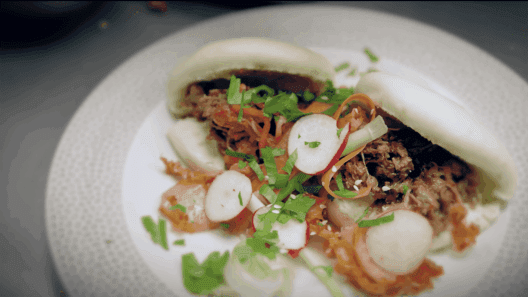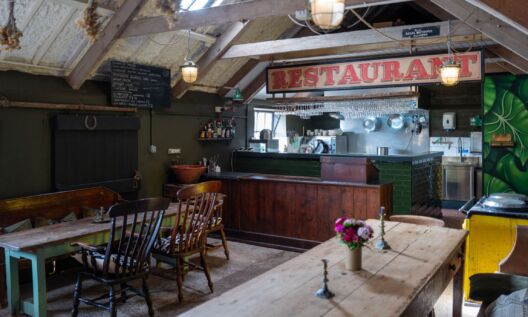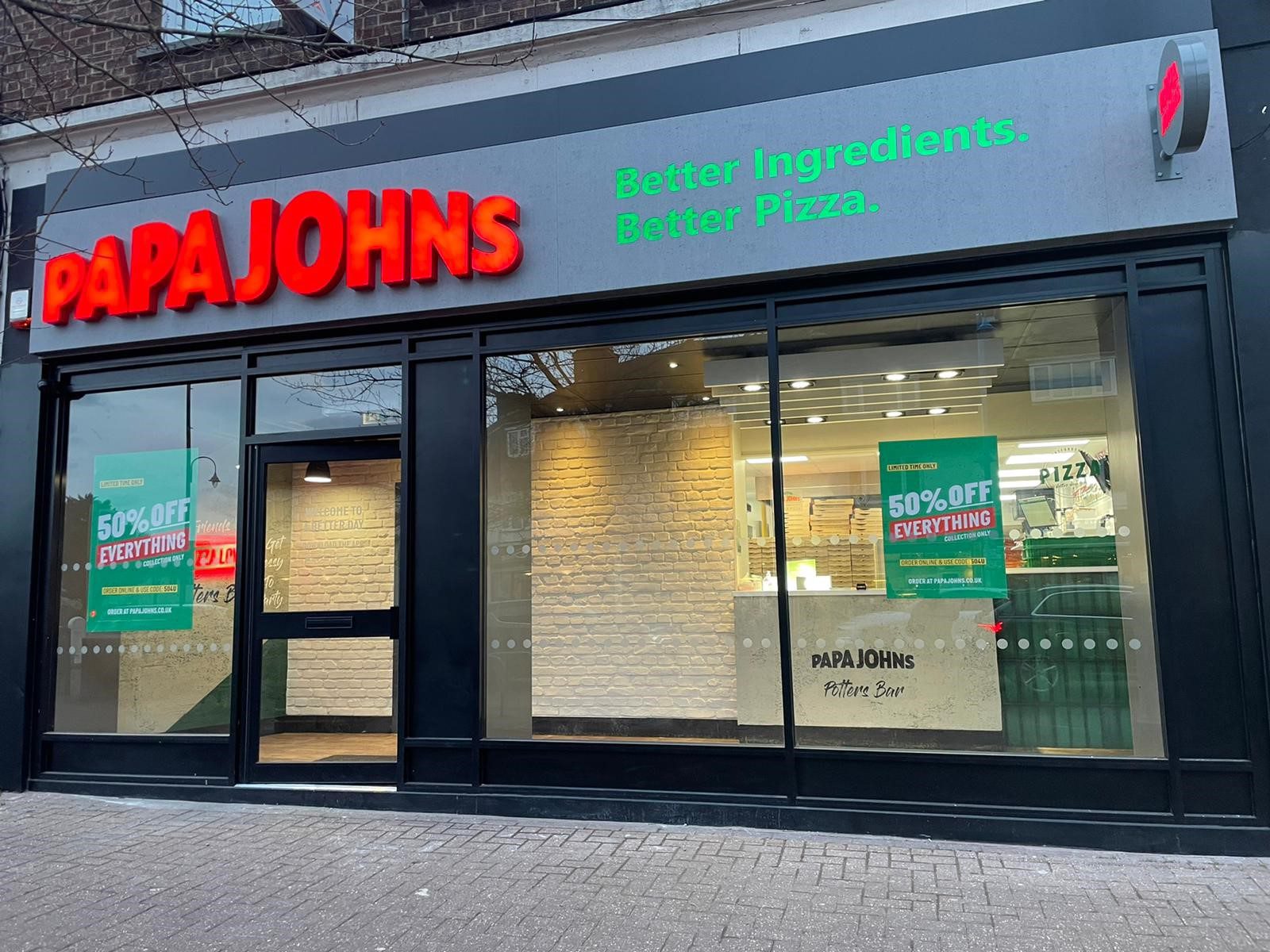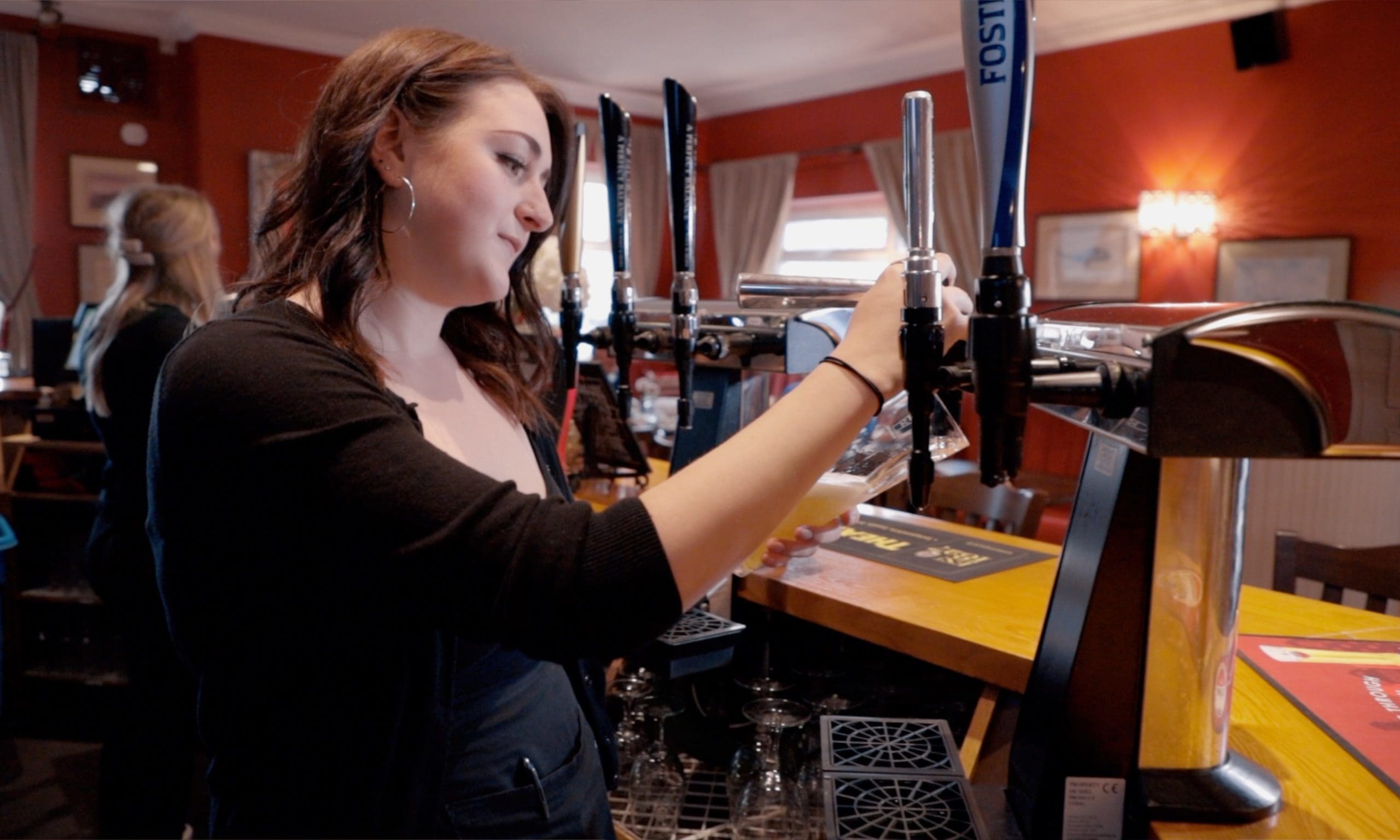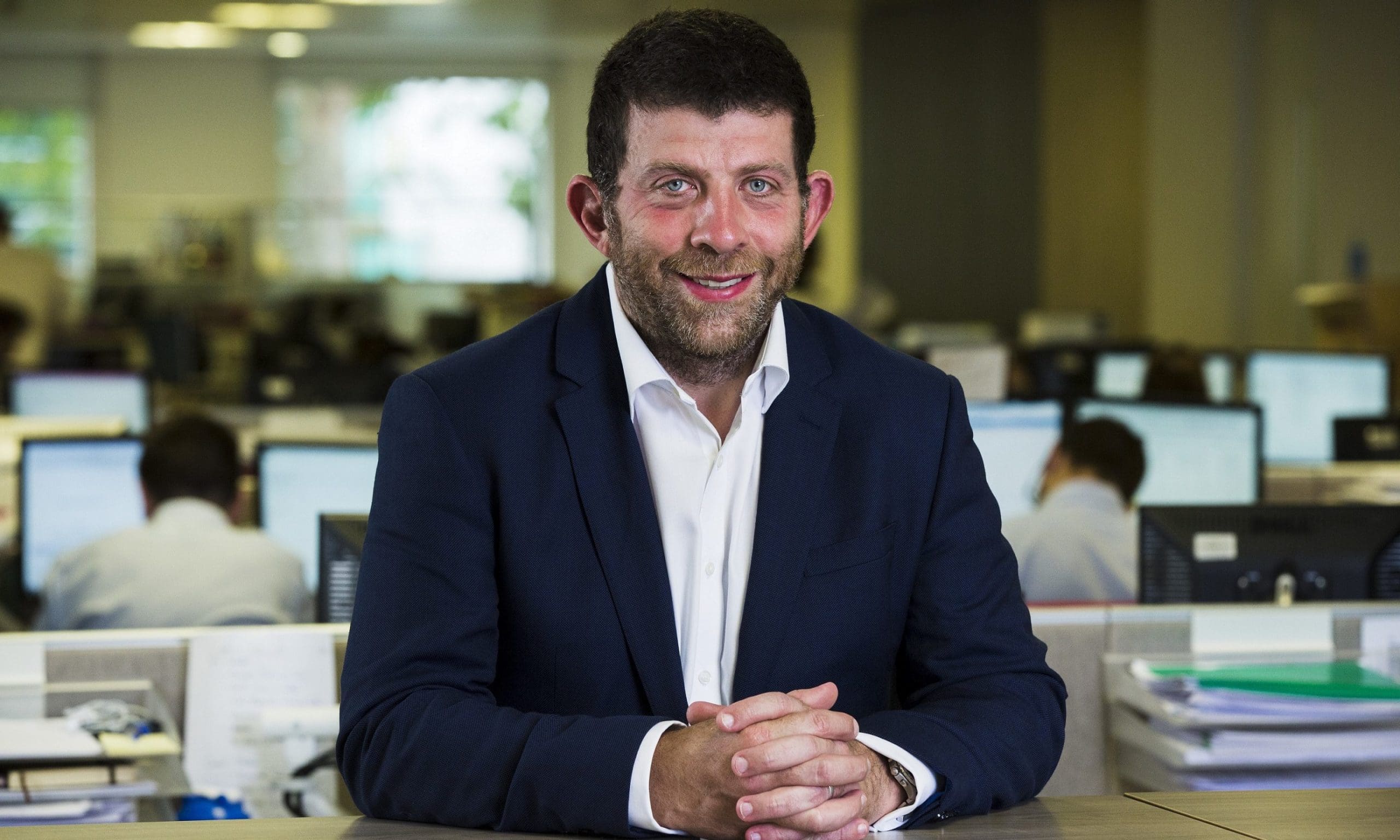Register to get 2 free articles
Reveal the article below by registering for our email newsletter.
Want unlimited access? View Plans
Already have an account? Sign in
There was a time when Byron was all the rage. Perhaps the earliest successful British recreation of the exploding American ‘posh burger’ trend, it struck a chord with affluent London millennials and quickly became a posterchild for high-growth restaurant businesses in the fast-casual segment.
Founded by Tom Byng in 2007 and backed by Pizza Express owner, Gondola, the chain had a miracle run, which went from inception to 34 sites in just six years. Fierce competition for restaurant real estate in London, coupled with rapid growth among a slew of burgeoning chains, had private equity looking for bold bets to make. Perhaps the defining moment of the rush came when Hutton Collins Partners took one of the most talked-about foodservice investment punts of the decade: in 2013, they bought Byron for £100m.
There were those at the time, including your writer, who doubted the wisdom of this towering valuation – the average site EBITDA was just over £200,000 but this deal valued each premises at almost £3m. It was big news even in the general business press: outside technology, multiples of that ilk don’t come along very often. But the investment appeared sound for long enough to put the naysayers back in their box. Byron kept expanding, and by the time Byng stood down as CEO in early 2017, the business was about to open its 70th site and turning over £80m. It seemed the doubters had been proven wrong.
The optimism was real, and in anticipation of a dizzy continuation of Byron’s success, Hutton Collin’s managing partner, Graham Hutton, said: “[The new management is] exceptionally well qualified to take Byron forward as it matures into a business of real scale. They will make a creative, energetic and experienced team and I look forward to working with them on the next phase of Byron’s growth.”
But all was not well in the wider market. Mere months after Byng’s departure, storm clouds were gathering. Bankruptcies, estate contraction and the now infamous CVA began as a trickle, and by the latter part of 2017 a bloodbath of distressed restaurant chains was creating weekly news. By December, Hutton Collins had sold a majority stake in Byron to Three Hills Capital Partners and FPP Asset Management in what the business pages described as a “rescue deal”, price not disclosed.
Since then the chain has been through two CEOs, agreed a CVA allowing it to close 16 restaurants, and received a £10m cash injection from investors to keep the wolves from the door. The most recent earnings report showed just £500,000 in profits. It’s by no means the end for Byron, but its journey has shown beyond doubt that even the darlings and powerhouses are not immune to what has become a triple-whammy of the increased minimum wage, rising business rates, and hiked rents.
It also shows the private equity can make bad bets – and if a valuation sounds too good to be true, it probably is.


